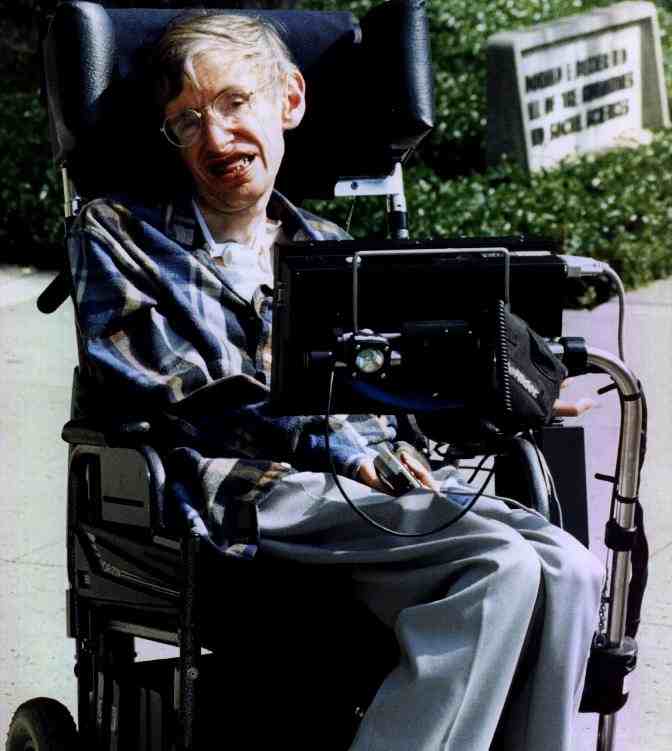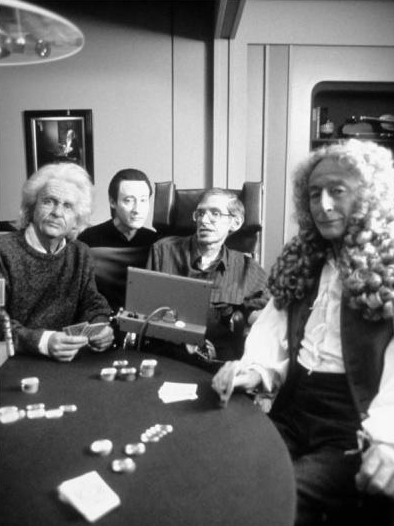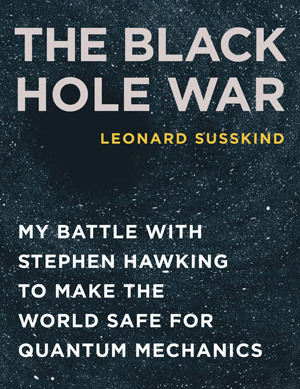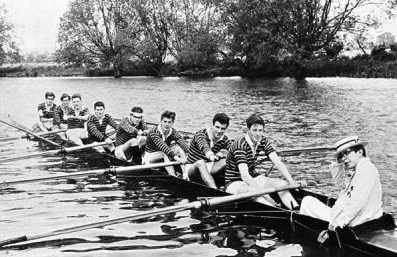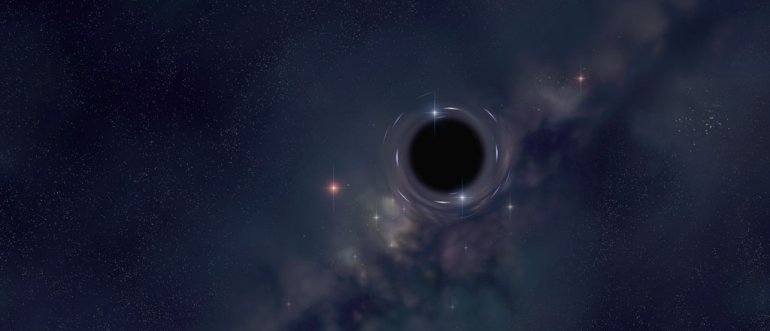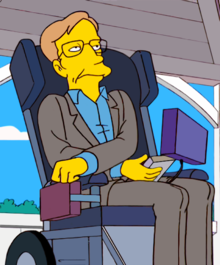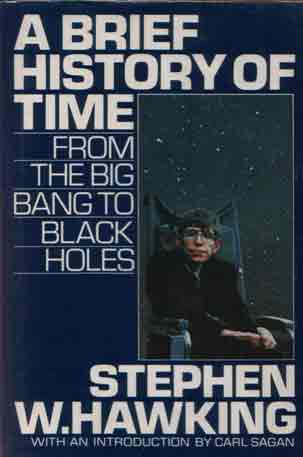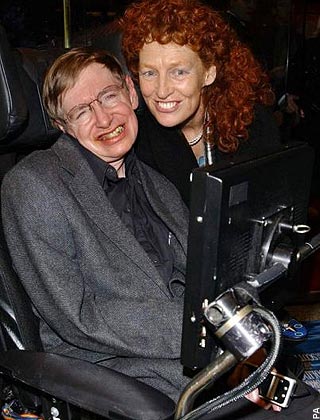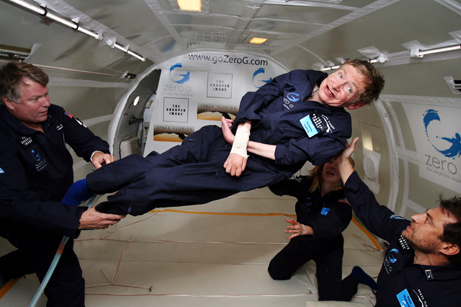In Which We Try Not To Blow Up The Moon
 Saturday, July 18, 2009 at 12:11PM
Saturday, July 18, 2009 at 12:11PM 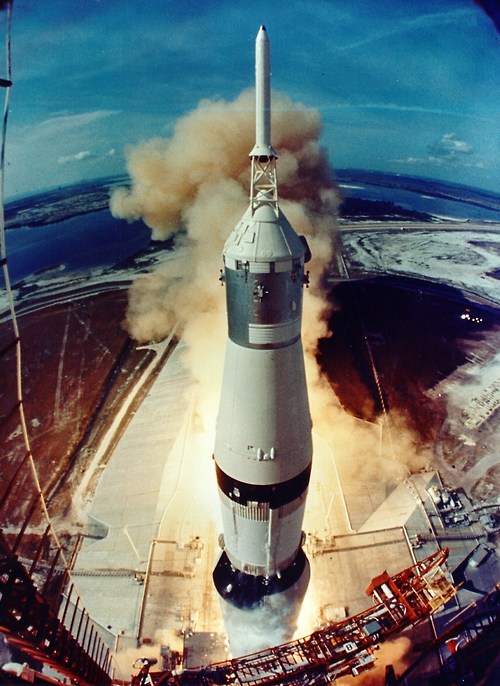
This Is How We Walk On The Moon
by ALEX CARNEVALE
Apollo 11 was, of course, the first manned mission to land on the moon. Why exactly we were there it's hard to say this far out, to recover the driving spirit of the Cold War. In these days human accomplishment wasn't limited to The Duel. It is hard to believe we landed on a lunar body. We did this — America!
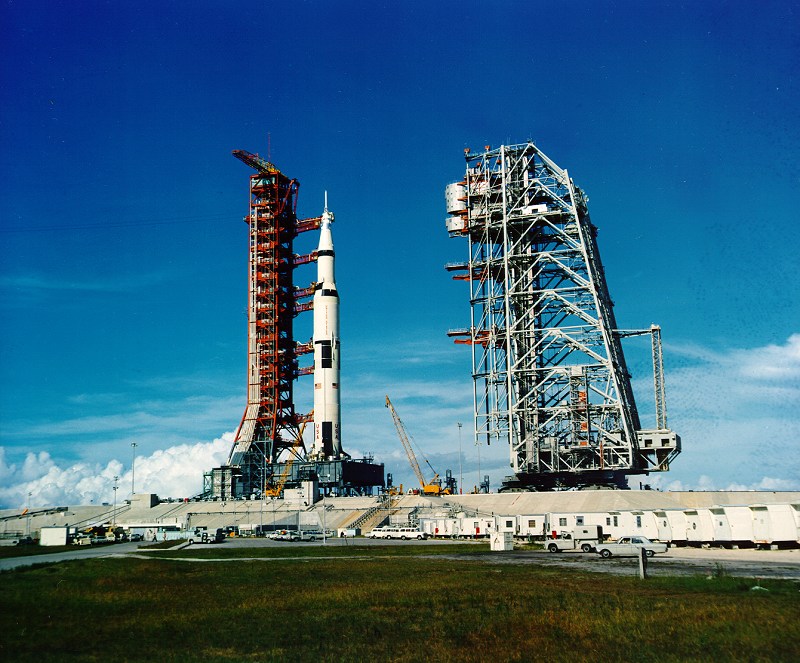
I mean we had done a few good things along the way, some of them marred by the blood of patriots and traitors. But were we America then? We were surely America now, a vital potent force for making trouble in the world. Occasionally, as in this example, it was the right sort of trouble.
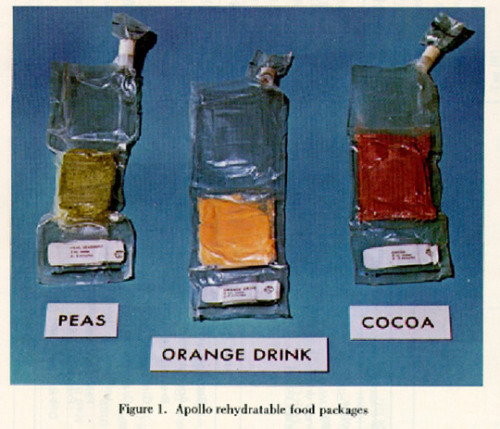
It wasn't easy. It came at a great financial cost. But we were first, which is still something even now.

We barely had civil rights, but we had space travel. What better sign that humanity was moving in the right direction, than the launch in July of 1969? We even had a media we sort of trusted. Major changes were happening in people's lives. They did not know that effectively, they were living through a golden age. World War II was a dim memory, international conflict wouldn't go away. But peace — and the triumph of American power — was on the horizon.
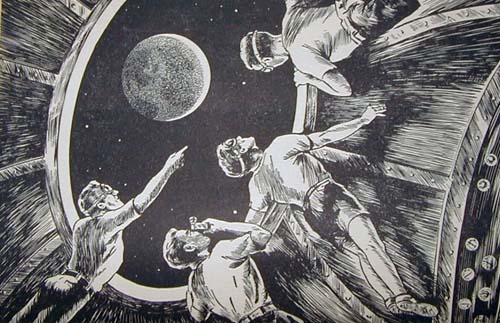
Robert Heinlein's Rocketship Galileo told of three boys and their brainy uncle taking a manned spacecraft to the moon thirty years before the feat would actually be accomplished. They trained and launched in an abandoned area near Nevada, and discovered a Nazi conspiracy on the moon. (That was later.)
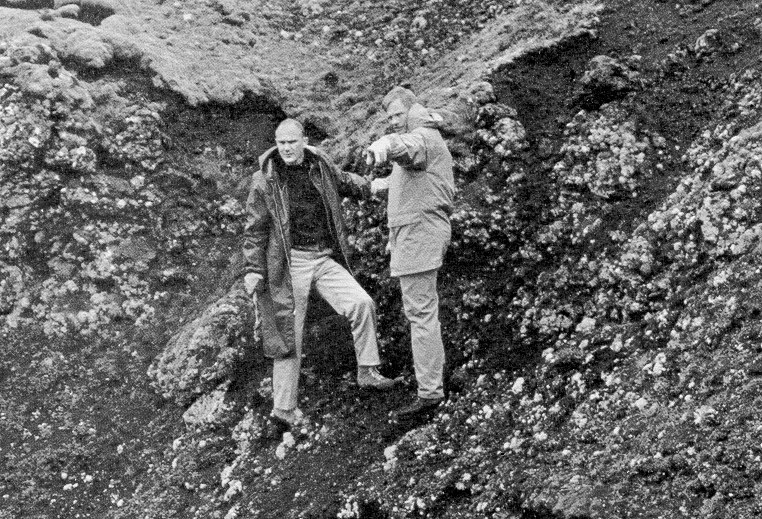
"There's no economic value in a trip to the moon," their uncle tells them. "If there was, we'd have already been there." As time has gone on, we have better maps of Mars than we do of the Moon. The golden age turned bronze.

Now we're going back, and it's costing the government $580 million at a precarious time in the economic history of our country. So it is easy to say, "Why are we spending this sort of money?" "Aren't there better things to spend it on?" As if our taxes were just pocket money that we should reallocate to whoever was most deserving.
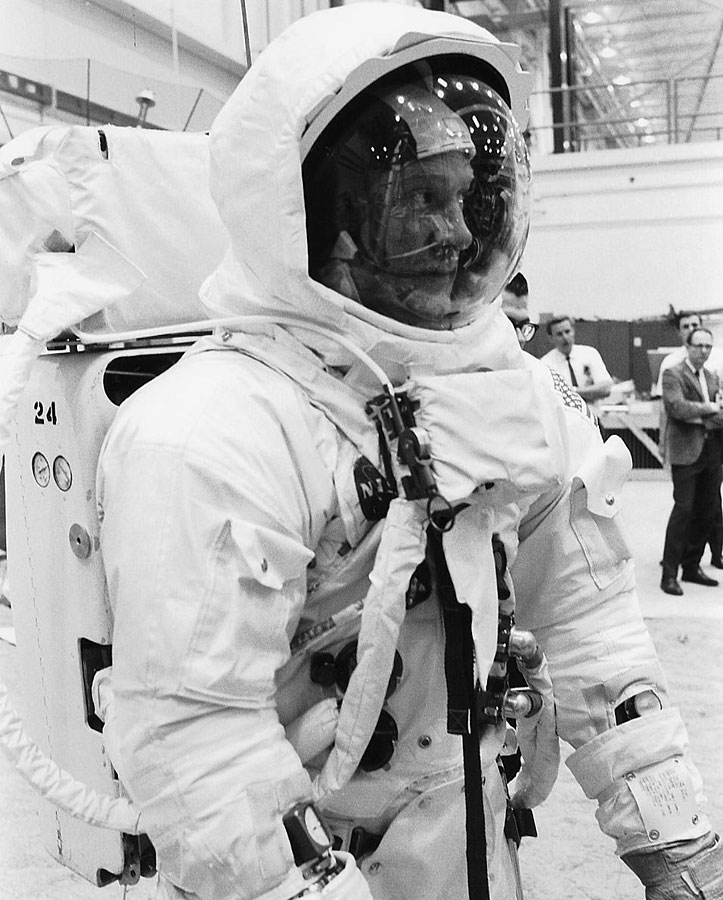
Now look, I don't believe in taxes, but priorities are relative. It's the same thing in the debate about global warming; the truth is barely any humans know a goddamn thing about the Earth. For christ's sake, we haven't even explored 100 percent of it! Same with space travel — extra-terrestrials could arrive here tomorrow.
In fact, it's likely that they will. We don't live in one of the only solar systems. To put it as mildly as I can while talking about this subject, there's a lot of them, and they have suns, too. Heat brings life, maybe not evolved as ours, but likely in a similar fashion. But people in government are more focused on handing money to Chrysler — where we actively know it can't do any good.

America of 1969 had no such problems; its greatest moments were ahead of her.

Everything was in black and white black then. You turned on the evening news, you turned on the late Walter Cronkite and you heard things of relevance, of tremendous relevance, to your own life. The world we live in was being formed, and all did not go according to plan.

The training was difficult, exhausting, exhaustive. They walked around in their pressure suits, they practiced climbing the ladder. Cronkite was decently amazed — his humanity was the reason he kept that job all those years, didn't you know?

Plans on the earth are just that — plans on the Earth. There's a lot you simply can't know about the Moon until you're on it, including what its ass (dark half) looks like.

America lubricated its genital area for this launch. It got the excitement going. You can see how pumped they were in the photos the Globe selected. NASA didn't fight for attention or interest. Hell, it could have been charity-funded enterprise if it didn't need so much money. In those days a photo in the media was a lot more impactful; people read newspapers, they didn't have 600 in their office every day.
That's why it's so fun to listen to Luddites now — they actually prefer not to know anything. They want to sit in the same place, static, not moving while the world moves around them.
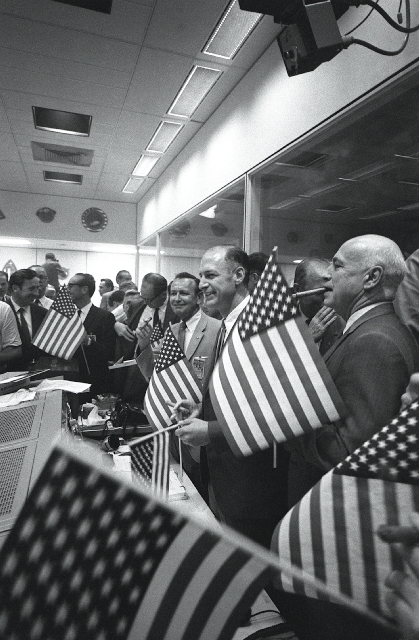
We're on the moon now, a sort of anniversary voyage. This one has a serious purpose. Water:
Much of the exploration on this mission will therefore focus on the lesser-known dark side of the Moon, which scientists believe is cold enough to trap water molecules as ice.

The discovery of water at the lunar south pole would be “like finding a gold mine,” Dr Tooley said. Lunar water could be used for more than drinking because it could be broken down into hydrogen and oxygen for rocket fuel and breathable air, a crucial part of Nasa’s planning for a permanent, manned base.
This is Heinlein talk! He wrote it, of how we would use the Moon as a prison, how the different gravity would create a harder world, where the petty insolences of terran life would be deadly.
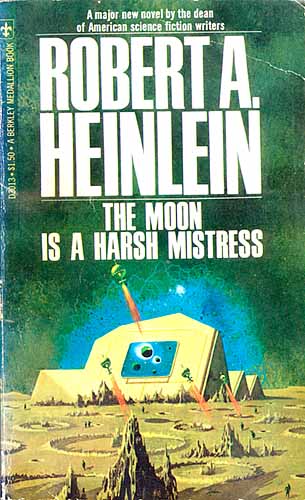
This is for the future, when humanity has used up all the natural resources Earth has to offer. In 1969, we were attempting an act of great beauty, we were Columbus and Magellan and Cook all wrapped into one white phallic package, ascending into the sky as millions watched on television.
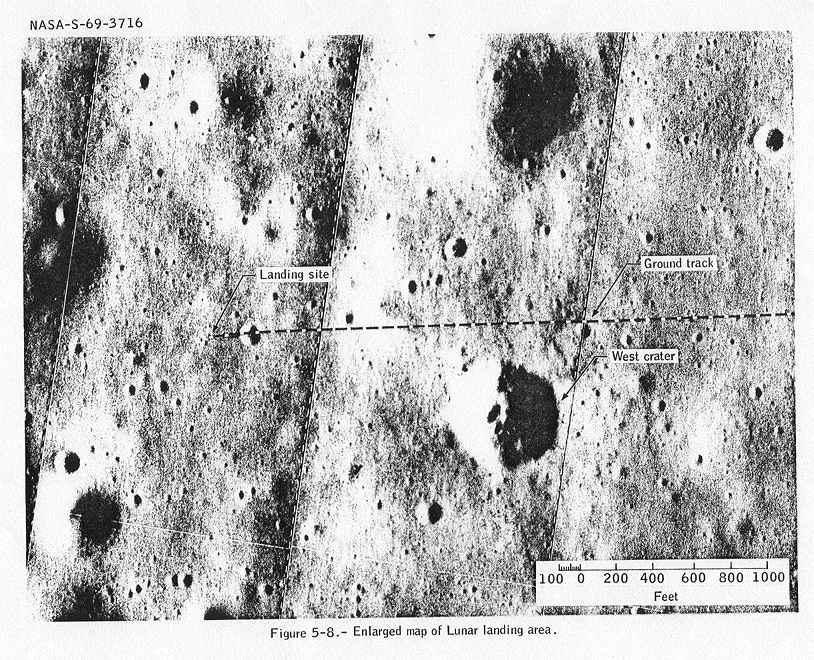
Kennedy had given the mandate in 1961: "I believe that this nation should commit itself to achieving the goal, before this decade is out, of landing a man on the Moon and returning him safely to the Earth." In other words, this nation. In other word, not the fucking Soviets!
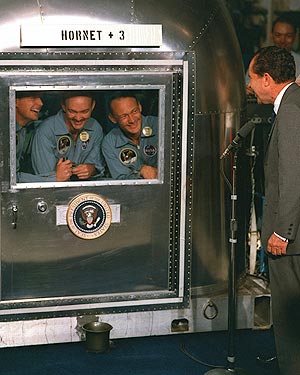
Nixon viewed the mission from the Oval Office.
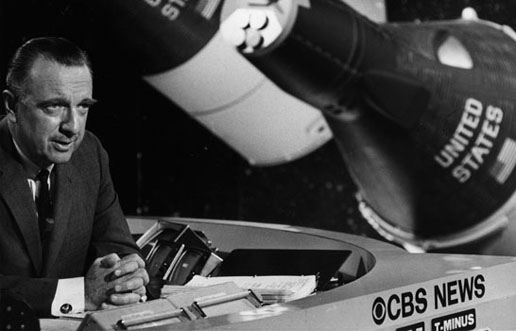
Cronkite, too, watched from his desk. As Armstrong and Aldrin reached the surface, they reported they were long — a difference of mere seconds in viewing landmarks meant a completely altered trajectory.

Although Apollo 11 landed with less fuel than other missions, they also encountered a premature low fuel warning. It was later found to be caused by the lunar gravity permitting greater propellant 'slosh' which had uncovered a fuel sensor. On future missions extra baffles were added to the tanks.
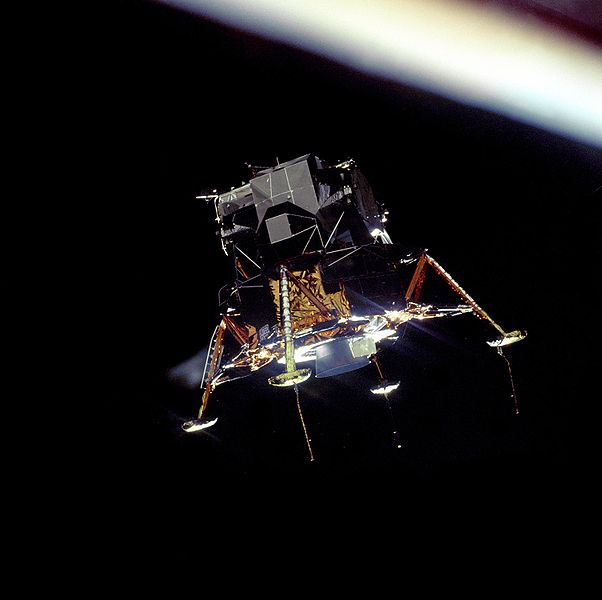
Buzz Aldrin spoke the first words (albeit technical jargon) from the LM on the lunar surface. Throughout the descent Aldrin had called out navigation data to Armstrong, who was busy piloting the LM. As Eagle landed Aldrin said, "Contact light! Okay, engine stop. ACA - out of detent." Armstrong acknowledged "Out of detent" and Aldrin continued, "Mode control - both auto. Descent engine command override off. Engine arm - off. 413 is in."
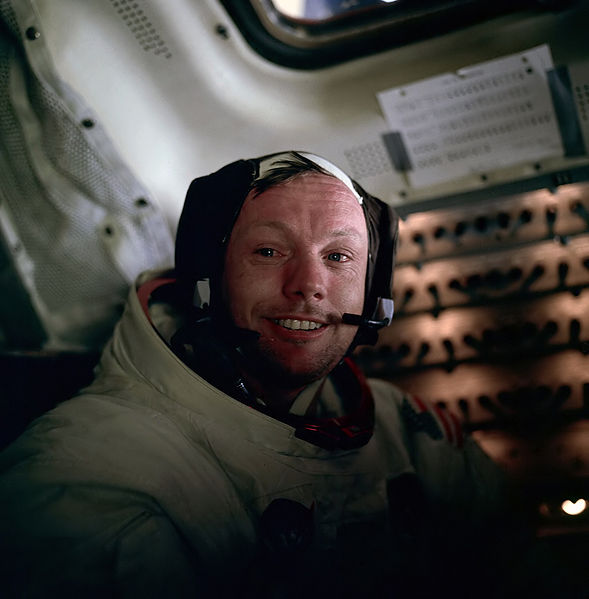 neil
neil
Then Armstrong said the famous words, "Houston, Tranquility Base here. The Eagle has landed." Armstrong's abrupt change of call sign from "Eagle" to "Tranquility Base" caused momentary confusion at Mission Control. Charles Duke, acting as CAPCOM during the landing phase, acknowledged their landing, expressing the relief of Mission Control after the unexpectedly drawn-out descent.
Shortly after landing, before preparations began for the EVA, Aldrin broadcast that:
This is the LM pilot. I'd like to take this opportunity to ask every person listening in, whoever and wherever they may be, to pause for a moment and contemplate the events of the past few hours and to give thanks in his or her own way.
Like any good Catholic, Buzz then took communion.
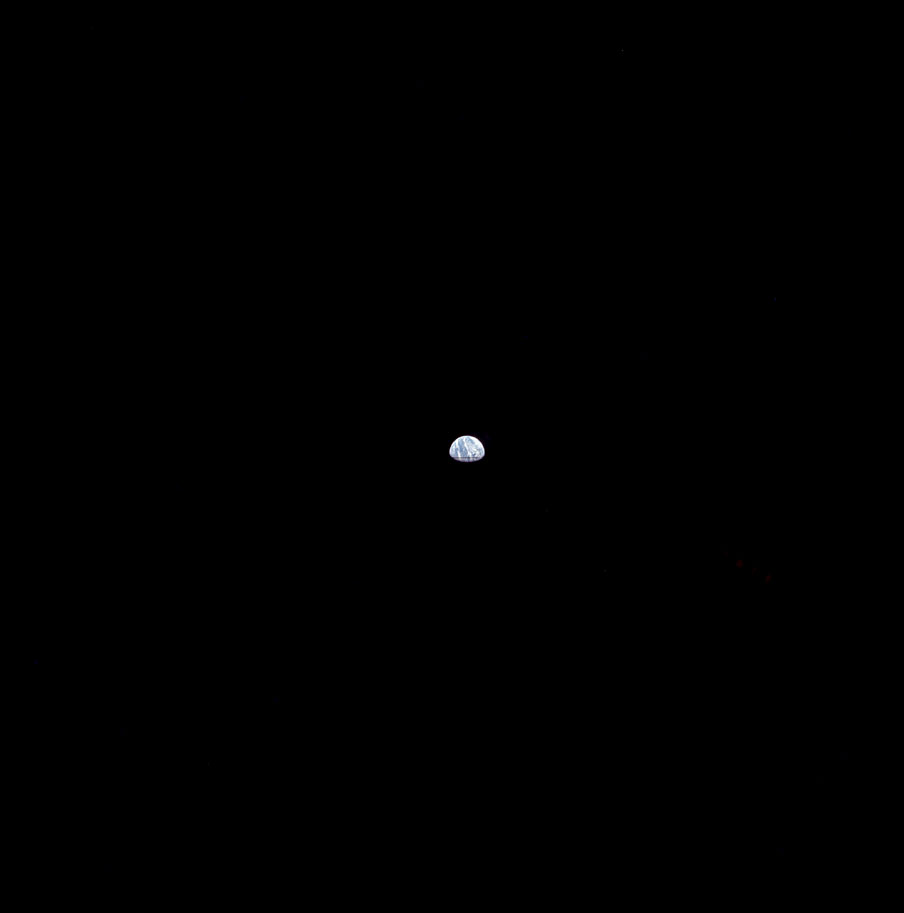 earth from lunar orbitWhat could keep us from a place like this and the knowledge it contains? What could stop us from continuing to understand why we are here on this planet and if anyone else is also in this universe. It is the main function of humanity. It is not to live in a house and wonder sometimes when the sky lights up, what's out there? That is primitive talk. Caveman became us, but they need not be us.
earth from lunar orbitWhat could keep us from a place like this and the knowledge it contains? What could stop us from continuing to understand why we are here on this planet and if anyone else is also in this universe. It is the main function of humanity. It is not to live in a house and wonder sometimes when the sky lights up, what's out there? That is primitive talk. Caveman became us, but they need not be us.

What wonder in this small chunk of rock? I dare tell no one Heinlein's predicted future of an independent, hostile state on the Moon, but surely better a cranky neighbor than a repeat of the whole Australia situation. He believed the Moon would want to be independent. His belief thickens mine, that we could have relations with the people of another celestial body. And if there's natural resources to sustain human life, I suggest we had better find out. In fact, I volunteer — someone should be the first blog on the moon.
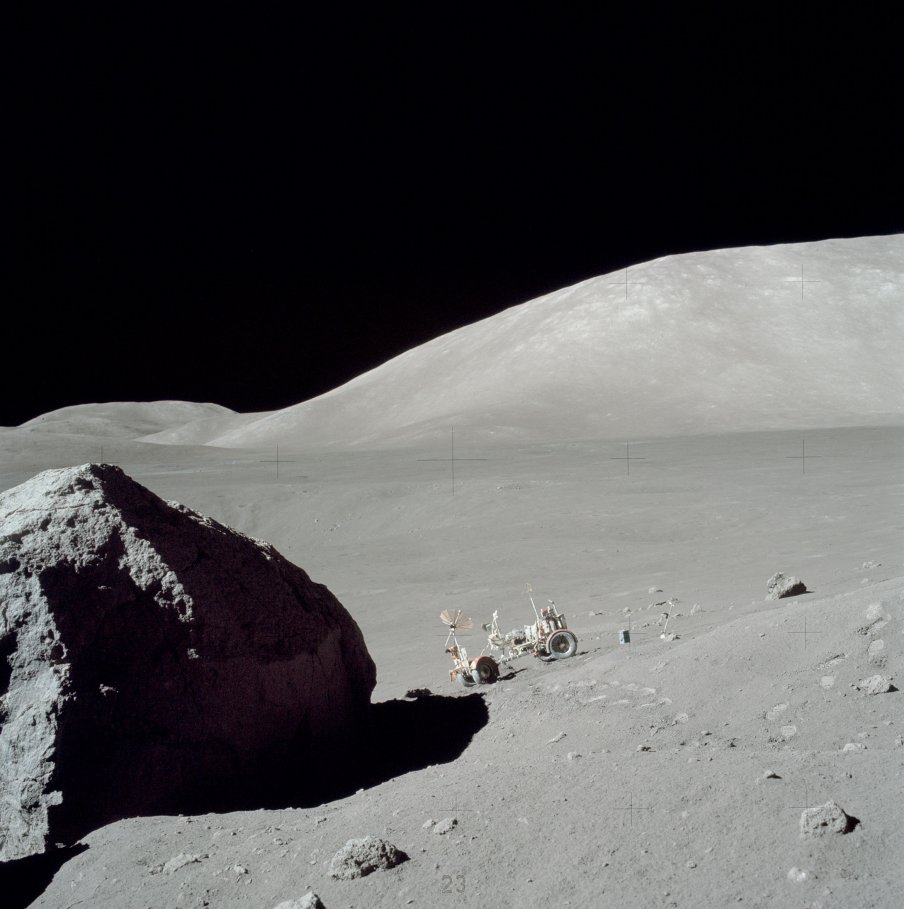
There is no amount of elocution that can describe a lunar landing. We spend our entire lives on Earth — to these astronauts their home and favorite broadcaster were some distance away. You can find the restored HD video streams that were made here. But it always looks like the best kind of fun to me.
Nabokov would later say of the landing:
Oh, "impressed" is not the right word! Treading the soil of the moon gives one, I imagine (or rather my projected self imagines), the most remarkable romantic thrill ever experienced in the history of discovery. Of course, I rented a television set to watch every moment of their marvelous adventure. That gentle little minuet that despite their awkward suits the two men danced with such grace to the tune of lunar gravity was a lovely sight.
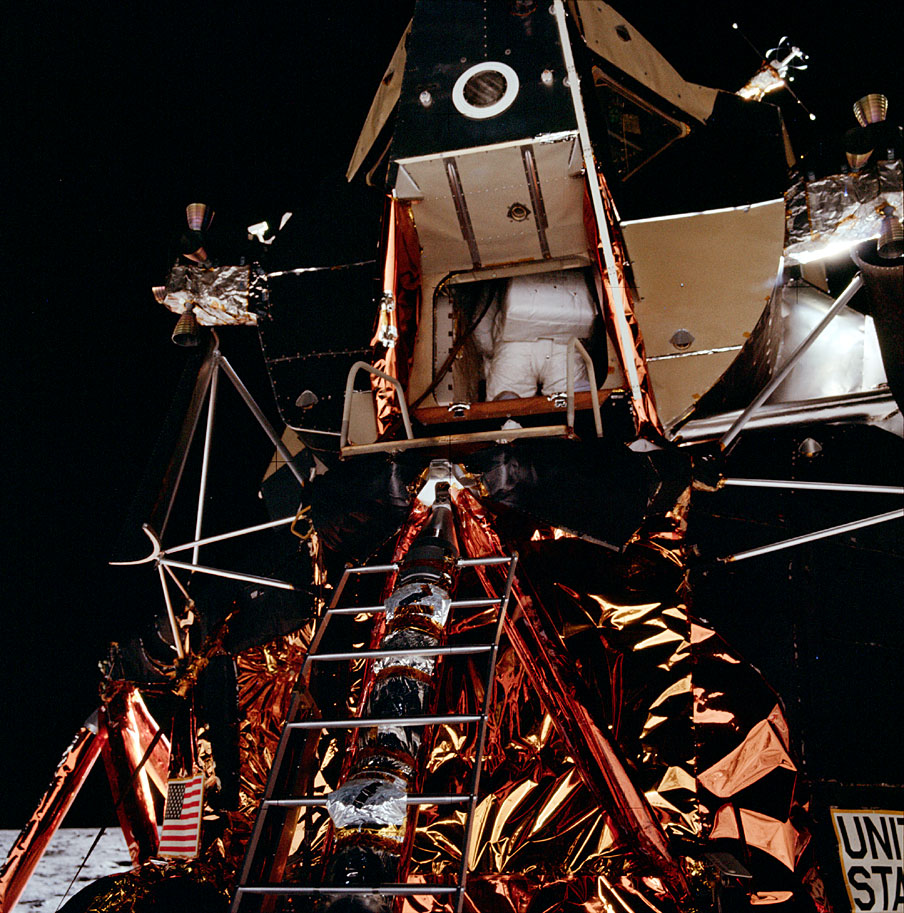
It was also a moment when a flag means to one more than a flag usually does.

I am puzzled and pained by the fact that the English weeklies ignored the absolutely overwhelming excitement of the adventure, the strange sensual exhilaration of palpating those precious pebbles, of seeing our marbled globe in the black sky, of feeling along one's spine the shiver and wonder of it. After all, Englishmen should understand that thrill, they who have been the greatest, the purest explorers. Why then drag in such irrelevant matters as wasted dollars and power politics?
After the landing, Buzz Aldrin drifted into drinking and depression. How could he not? You can't go home again, especially when your home is the Moon. We have a deep inner desire, some small piece of it America, to make new worlds our own. It fascinates me that the Russians also had something of this composition, but they have never been a people to underestimate either — remember Stalingrad?

That is the beauty of this race. Any man may save the world.
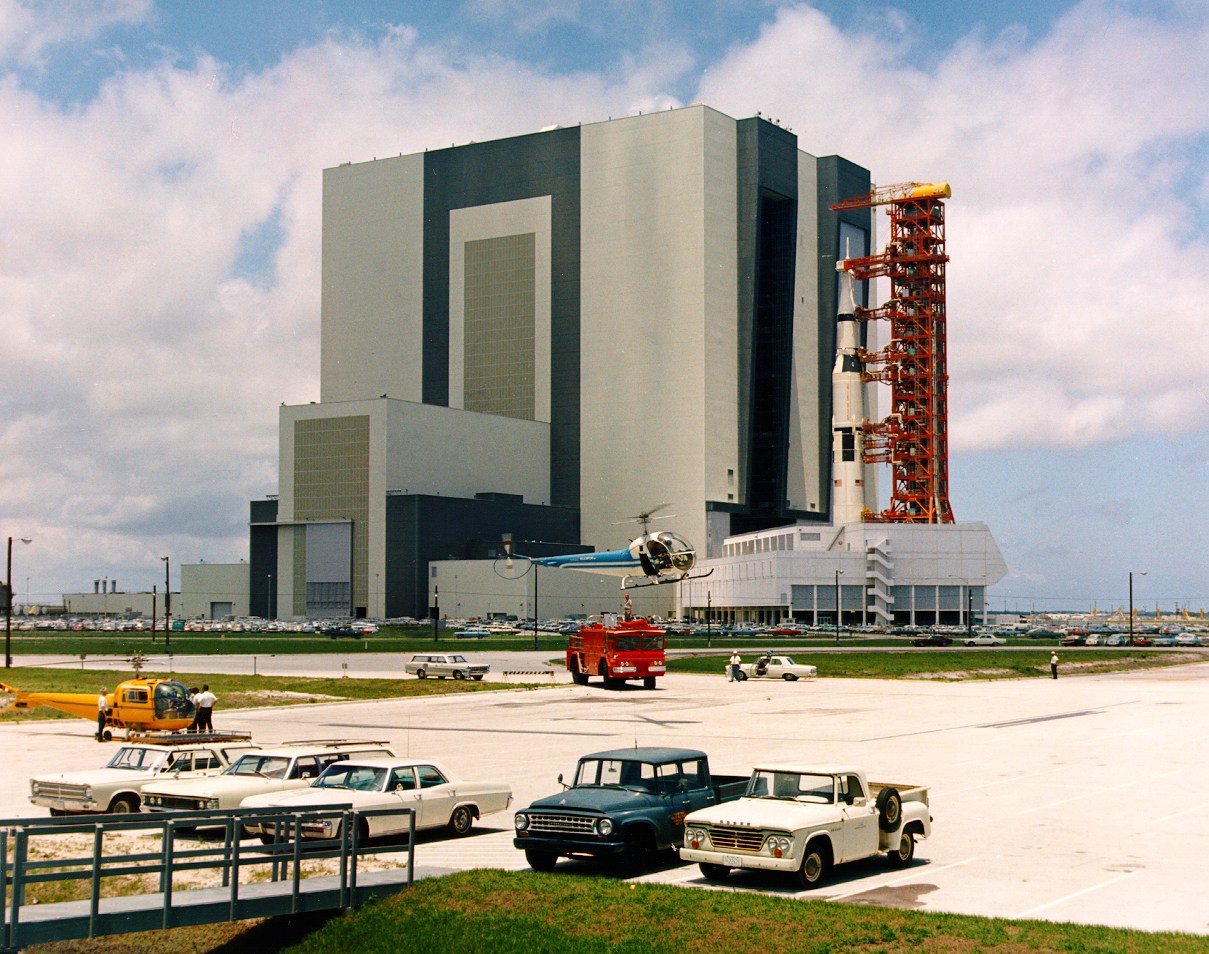
Alex Carnevale is the editor of This Recording. He tumbls here, and twitters right here.

"Across the Universe" - Rufus Wainwright (mp3)
"Let It Be" - Nick Cave (mp3)
"This Is How We Walk On The Moon" - Arthur Russell (mp3) highly recommended
"Blackbird" — Sarah McLachlan (mp3)
"Golden Summer, Carry That Weight, The End" — Phil Collins (mp3)
"Two of Us" — Aimee Mann & Michael Penn (mp3)
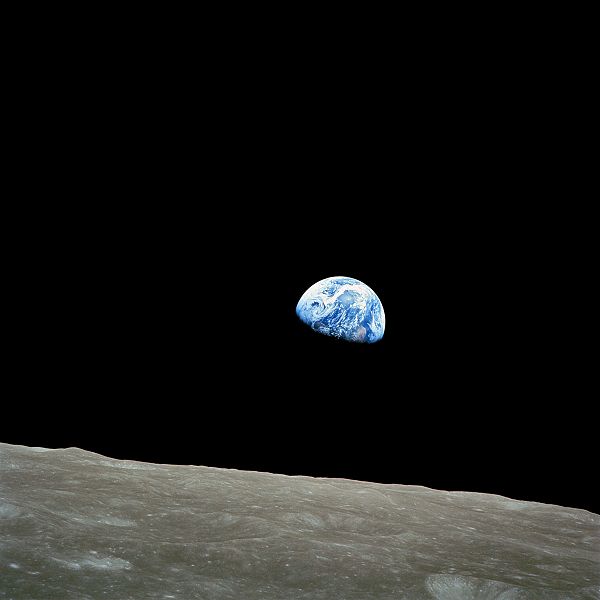 earthrise"Paperback Writer" - Kris Kristofferson (mp3)
earthrise"Paperback Writer" - Kris Kristofferson (mp3)
"Helter Skelter" - U2 (mp3)
"Lucy In The Sky With Diamonds" - The Black Crowes (mp3)
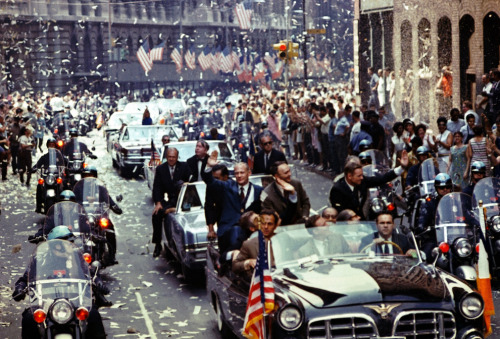
"All You Need Is Love" — Elvis Costello (mp3)

 alex carnevale,
alex carnevale,  apollo 11,
apollo 11,  science-corner,
science-corner,  space
space 





























